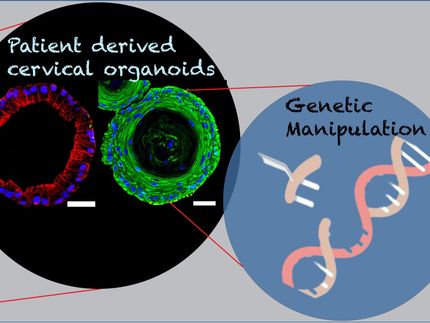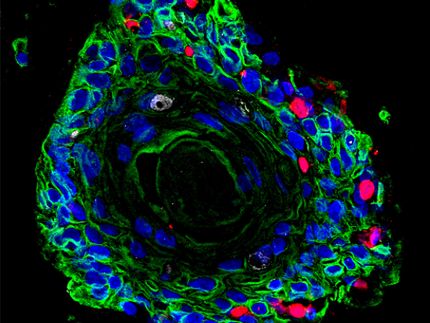More parents say they won't vaccinate daughters against HPV, researchers find
Parents increasingly concerned about potential side effects, study shows
A rising percentage of parents say they won't have their teen daughters vaccinated to protect against the human papilloma virus, even though physicians are increasingly recommending adolescent vaccinations, a study by Mayo Clinic and others shows. More than 2 in 5 parents surveyed believe the HPV vaccine is unnecessary, and a growing number worry about potential side effects, researchers found. The findings are published in the journal Pediatrics.
In all, researchers looked at three vaccines routinely recommended for U.S. teens: a vaccine to protect against the sexually transmitted HPV; Tdap, for tetanus, diphtheria and acellular pertussis; and the meningococcal conjugate vaccine, or MCV4 vaccine. While the up-to-date immunization rates rose for all three vaccines, the proportion of girls fully immunized against HPV (three doses over six months) was substantially lower than the proportion for the other two vaccines.
Five years ago, 40 percent of parents surveyed said they wouldn't vaccinate their girls against HPV. In 2009, that rose to 41 percent, and in 2010, to 44 percent.
"That's the opposite direction that rate should be going," says senior researcher Robert Jacobson, M.D., a pediatrician with the Mayo Clinic Children's Center.
Parents concerned about HPV vaccine safety rose from 5 percent in 2008 to 16 percent in 2010, while less than 1 percent worried about the safety of the Tdap and MCV4 vaccines, the study found.
During the same years, more and more studies showed how safe and effective the HPV vaccine is in this age group, says Dr. Jacobson, who has taken part in the safety review committees for two such studies. The vaccine prevents cervical cancer and other genital cancers by preventing the HPV infections that lead to those cancers, he says.
Researchers analyzed vaccination data for teens ages 13 to 17 in the 2008-10 National Immunization Survey of Teens. They found that as of 2010, 8 of 10 teens had the Tdap vaccine and roughly 63 percent had the MCV4 vaccine. Only about one-third of girls were immunized against HPV.
The HPV vaccination rate did rise; it was only 16 percent in 2008. But at the same time, more parents reported that they did not intend to have their daughters vaccinated for HPV. Among the reasons they gave: the vaccine was not recommended; lack of knowledge; it is unnecessary; the vaccine is inappropriate for the child's age; worry about safety/side effects; and the child isn't sexually active.
According to parents surveyed, more clinicians are recommending the HPV vaccine, but still, they are advising it only about half the time. The facts show the vaccine is necessary, Dr. Jacobson says.
"HPV causes essentially 100 percent of cervical cancer and 50 percent of all Americans get infected at least once with HPV. It's a silent infection. You cannot tell when you've been exposed or when you have it," he says. "While most HPV infections clear, a percentage linger and start the process of cancerous changes. The HPV vaccine is an anti-cancer vaccine."
Dr. Jacobson says the vaccine is more effective in younger adolescents than older teens. Mayo Clinic routinely starts the series at age 9.
"The vaccine works better the younger the child is, and it doesn't work after the child is grown up and is exposed to the virus, so our message should be: 'Give this vaccine now to your child while your child is young and responsive to it,'" says Dr. Jacobson, medical director of the Employee and Community Health Immunization Program at Mayo Clinic.




















































